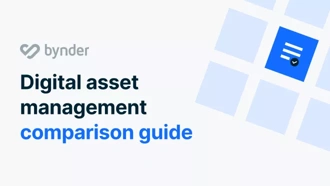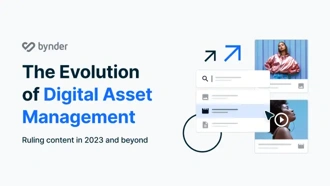Document management systems: an overview
Make your office greener
On average, office workers blow through a staggering 50 sheets of paper per day in unnecessary printing. By digitizing your files with a document management system, you can drastically reduce the need to print, and therefore the amount of paper you use.
Save physical storage space
Storing paper documents (and copies) can take up a lot of storage space, both in your office and in external storage facilities. Once your documents are digitized, they are stored in the cloud - which is much cheaper than physical storage.
Secure your files
Files stored in a document management system are generally safer than documents stored in a physical location. Documents in the cloud can not be damaged by fire or careless coffee spills.
Files in the cloud are also potentially safer from theft too - just make sure your document management system provider boasts the latest and greatest security certification (for example ISO 27001:2013 certified and HIPAA).
Share your files within a team
Sharing a digital file is significantly easier than a physical one. Many document management systems will allow you to share the document from within the system itself. The recipient will usually get an email notification that a document has been shared with them.
Clearly, opening an email is much faster than printing off a document and handing it or faxing it to the recipient.
Access your files when working remotely
Remote working is now a huge part of modern workplace culture, and remote access to files is a crucial part of smooth teamwork and collaboration.
Many SaaS document management systems require only a login and an internet connection to function; giving you access to the files you need, wherever you are.
How have document management systems developed?
DMS has evolved significantly since first appearing in offices. One of the greatest drivers behind the development of these systems is the increasing investment in rich media (such as images and videos). More basic document management systems were not able to effectively store and manage more complex files types like videos and images, so a new software class called digital asset management was developed.
DAM has a number of features that better supports the storage of images and videos, such as automatic image tagging, image cropping, image previews, and video playback features.
Document management system FAQs
Where can I get a demo of a document management system?
Depending on your requirements, a digital asset management system might suit your use case better. Book a demo today.
What’s the difference between document management software and digital asset management?
Digital asset management is a more advanced class of software built to more effectively manage all types of files (specifically rich media). To find out more about digital asset management, book a demo.
How much does a document management system cost?
The cost of a document management system/digital asset management system depends on a number of factors, such as the number of files you need to store, the types of files you need to store and the number of user seats you require. To get an obligation-free DAM quote, click here.
Can I try out a document management system for free?
If you deal with a range of document types, a DAM system might suit your organization better. To trial a digital asset management system for free, sign up for a Bynder trial.



